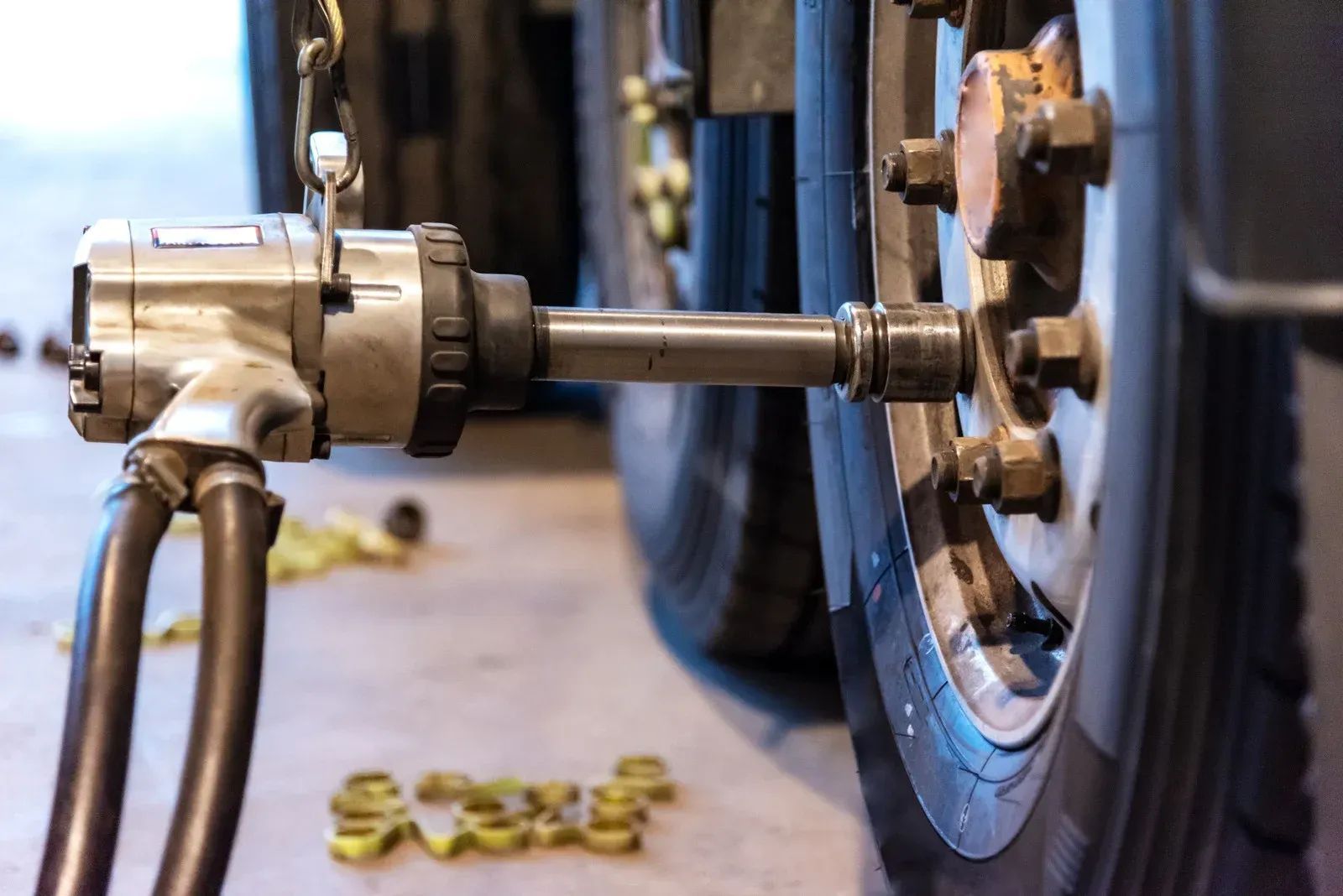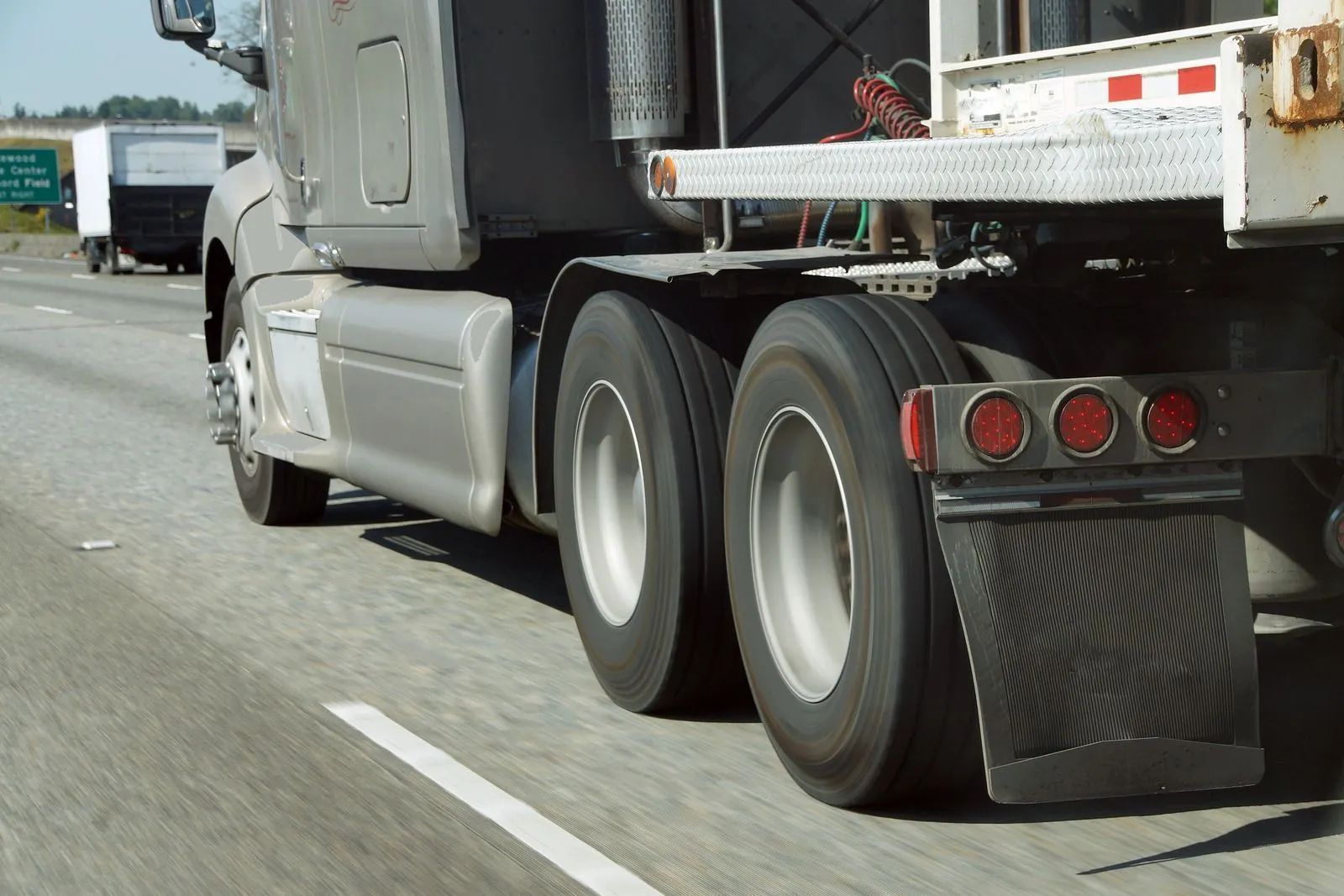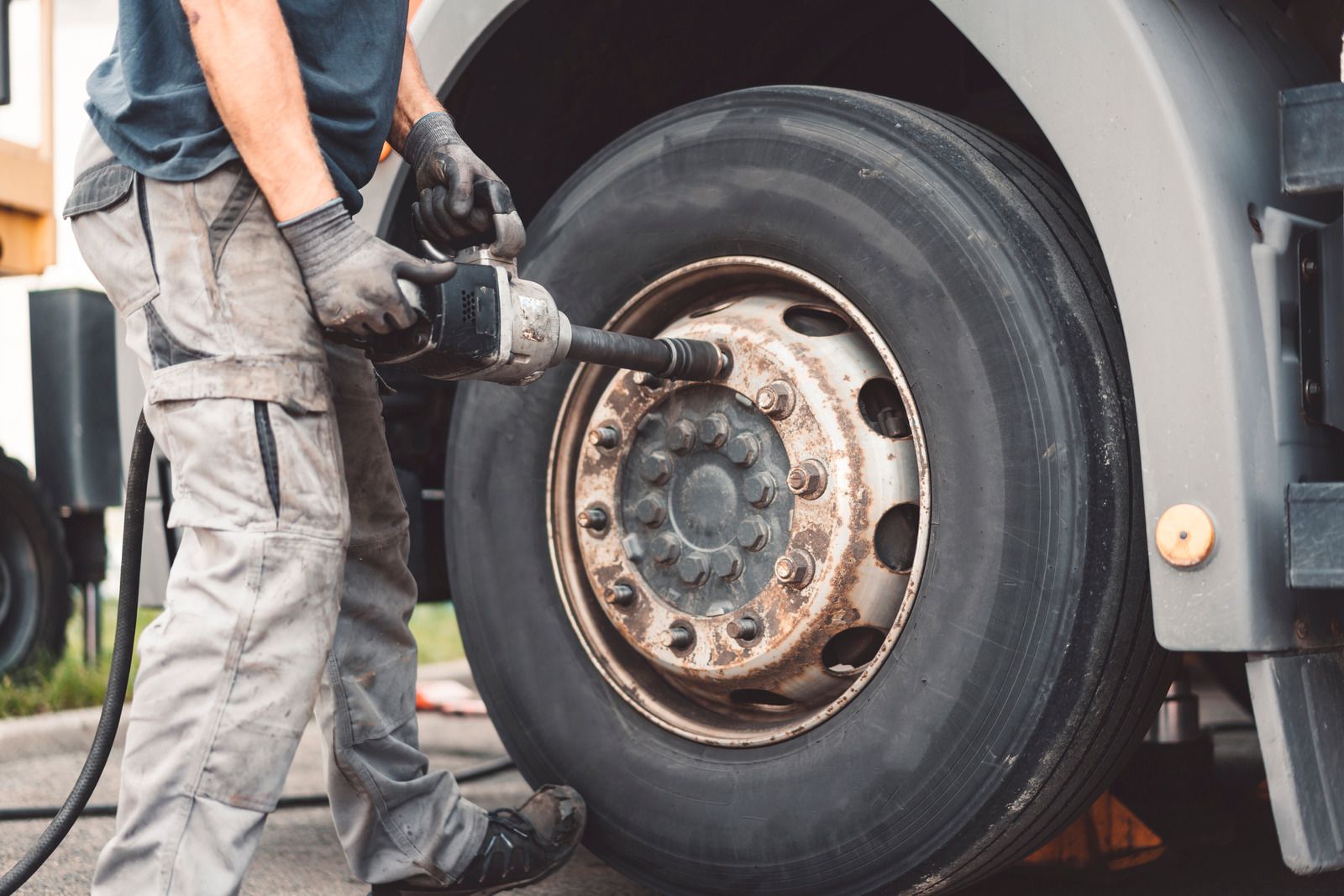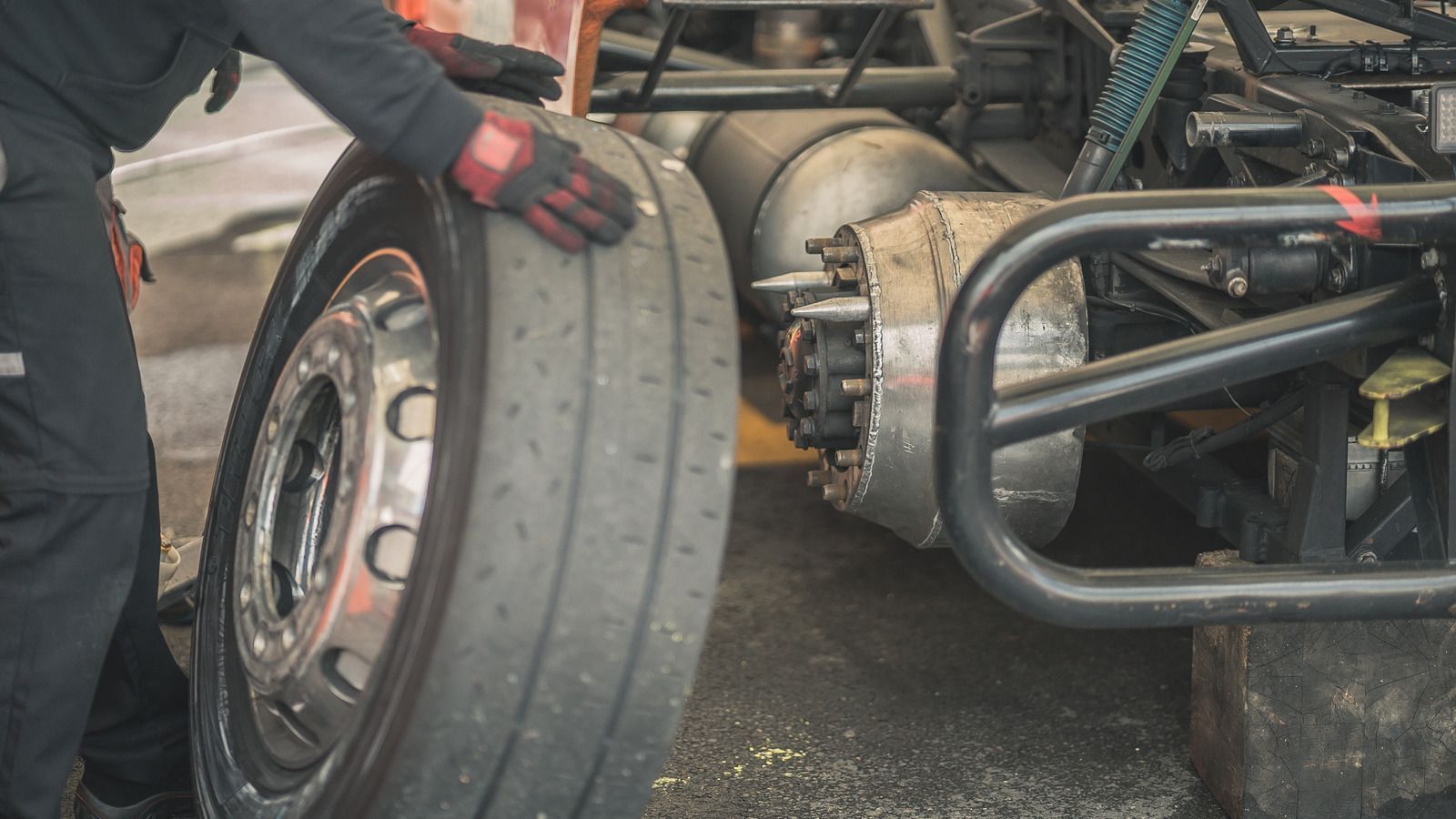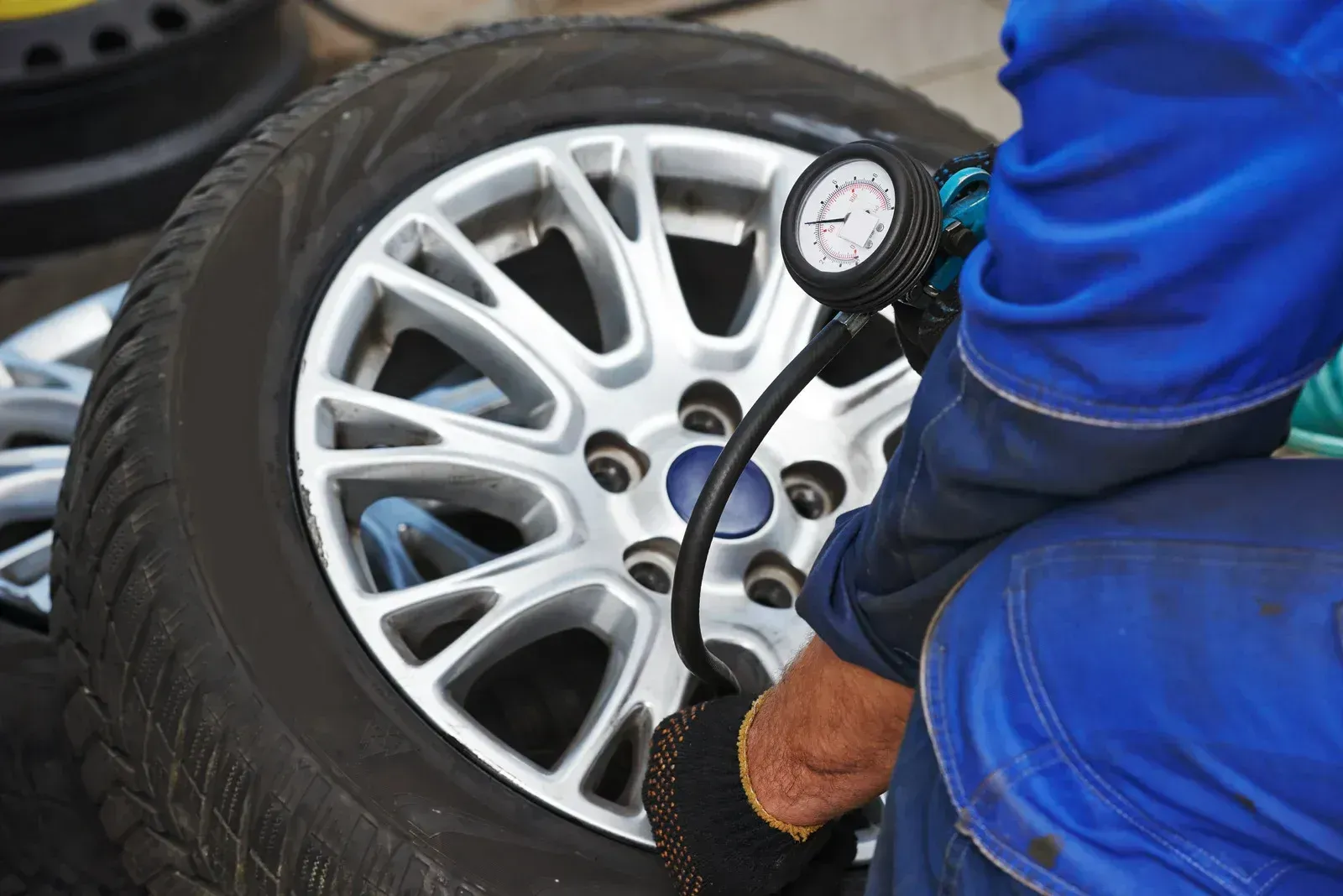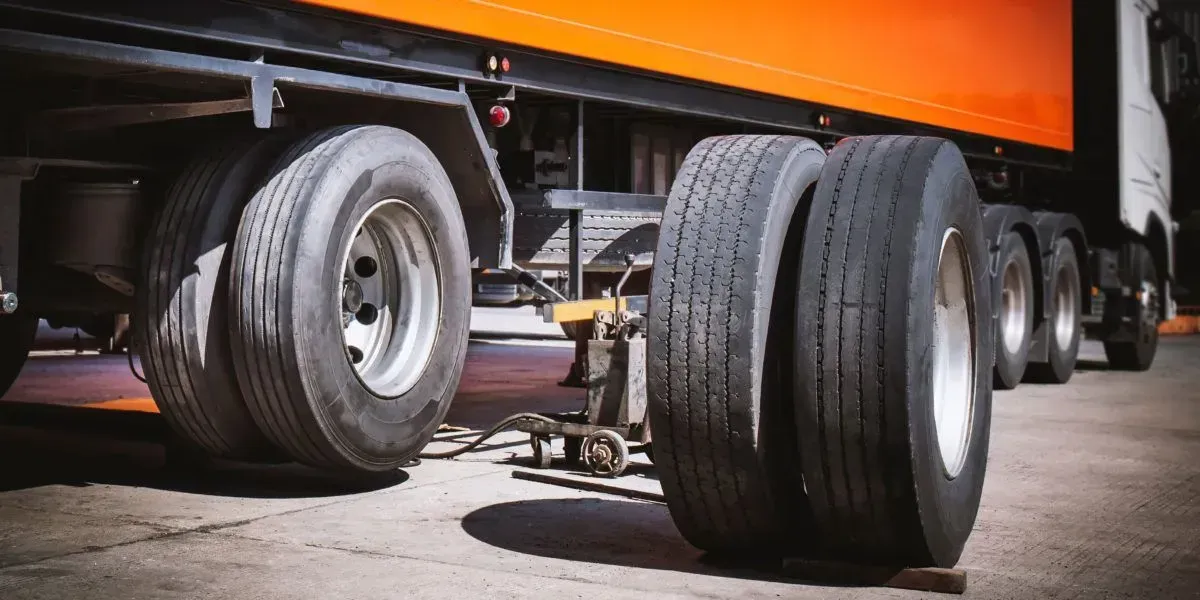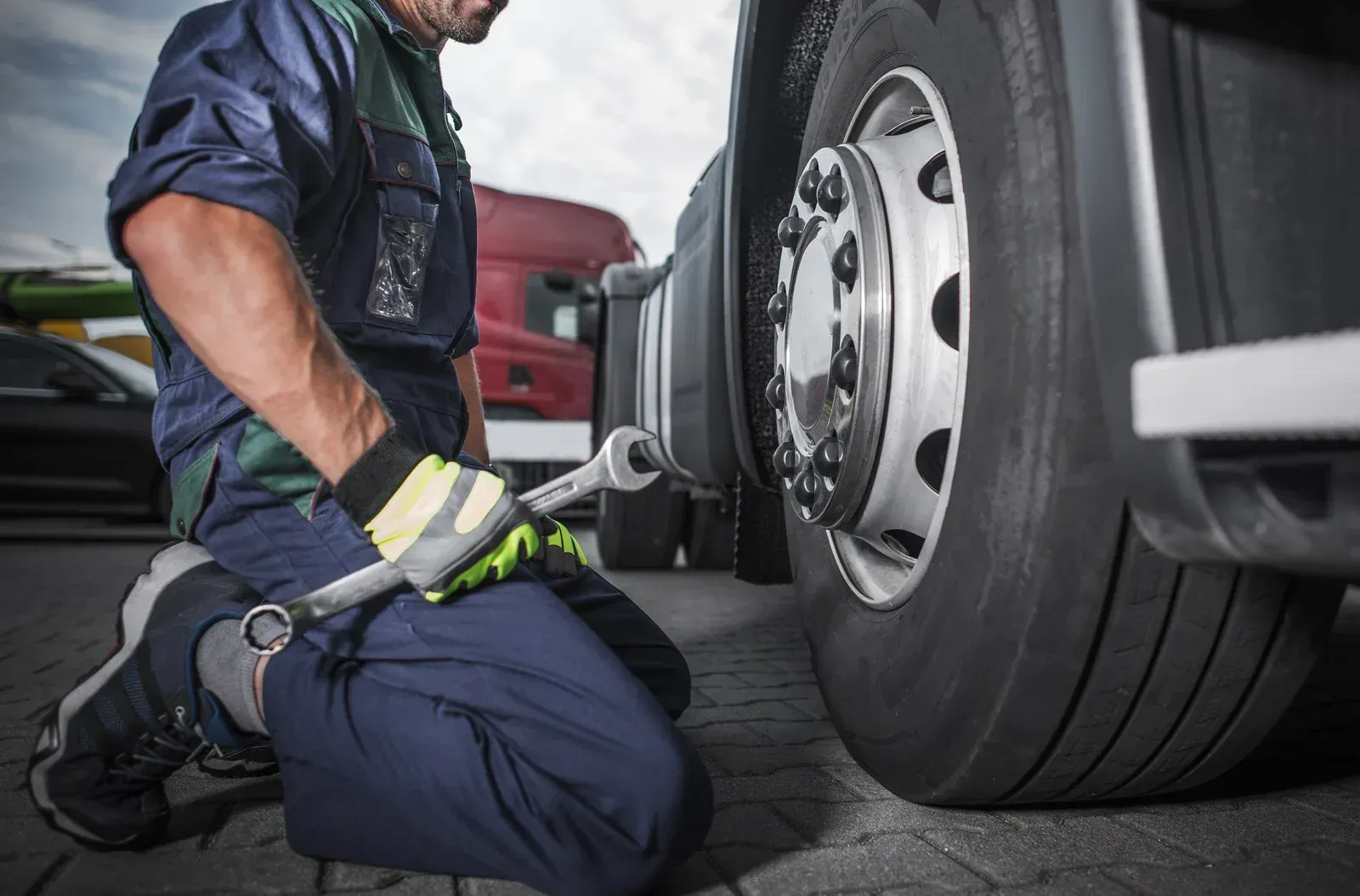When Should You Replace Truck Tires Instead of Repairing Them?
Truck tires are the unsung heroes of the transportation industry — carrying heavy loads across long distances, often in challenging conditions. While timely repairs can extend their life, there comes a point when replacement becomes the safer and more economical choice. Knowing when to replace truck tires instead of repairing them is critical for maintaining road safety, fuel efficiency, and operational uptime. As the busy season approaches, fleets and independent truckers alike must evaluate their tires carefully to avoid breakdowns, delays, and unexpected costs on the road. Let’s explore the key indicators that tell you it’s time to replace rather than repair.
1. Tread Depth Below Safe Limits
One of the most obvious signs that your truck tires need replacing is low tread depth. Legally, commercial truck tires must have at least 4/32 of an inch tread on the steer tires and 2/32 of an inch on the drive and trailer tires. If your tires are nearing or below these limits, it’s time for a replacement — no matter how well the rest of the tire looks.
2. Repeated Repairs or Damage in the Sidewall
While a small puncture in the tread area can usually be repaired safely, repeated repairs or sidewall damage often mean the tire has reached the end of its lifespan. Sidewalls endure constant flexing and heat, making them vulnerable to blowouts if compromised. If you notice bulges, cracks, or cuts on the sidewall, replacement is the only safe option.
3. Uneven Wear Patterns
Uneven wear on tires is usually caused by alignment issues, unbalanced loads, or improper inflation. If caught early, these problems can be corrected — but if the wear is severe, tire replacement is inevitable. Driving with unevenly worn tires not only reduces fuel efficiency but also affects vehicle stability and steering control, posing serious safety risks during high-speed hauls.
4. Excessive Age or Heat Damage
Even if your tires appear fine visually, they degrade over time due to exposure to heat, UV rays, and ozone. Most experts recommend replacing truck tires every 5 to 7 years, regardless of tread depth. Heat cracks, discoloration, or hardened rubber are telltale signs that your tires are aging. Heat damage is widespread during summer or in heavy-duty fleets operating long hours — making timely replacement crucial before the peak season rush.
5. Poor Fuel Efficiency and Ride Comfort
Old or damaged tires increase rolling resistance, forcing your truck’s engine to work harder and consume more fuel. You might also notice more vibrations or a rougher ride. These subtle changes can indicate internal damage or misalignment that repairs can’t fix. Replacing such tires will not only restore smooth performance but also save money on fuel and maintenance costs over time.
Knowing when to replace your truck tires is vital for both safety and efficiency — especially before peak delivery seasons. Instead of risking costly breakdowns or accidents, invest in reliable
tire replacements from a trusted source. Fleet Truck Tires, located in Bristol, VT, has been serving the trucking industry for over 40
years, providing expert advice, premium-quality tires, and professional service. Whether you manage a fleet or operate independently, their experience ensures you’ll get the right tires at the right time. Keep your trucks rolling safely and efficiently — trust Fleet Truck Tires
to keep you on the road.
